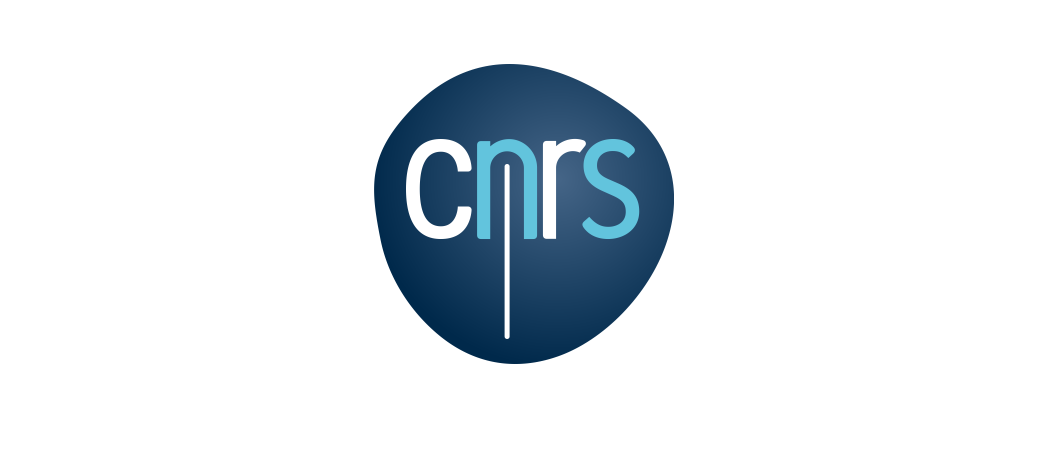
Imperial College London and the French National Center for Scientific Research (CNRS) are creating a joint laboratory to bring together some of the world's best mathematicians. The pioneering venture will integrate leading researchers and students from both institutions to significantly advance collaboration in mathematics between France and Britain. The International Joint Research Unit – Unité mixte internationale – will be named UMI Abraham de Moivre, after the great French mathematician, and will be based at Imperial's South Kensington campus in London.
The joint research unit is the first of its kind between a UK institution and the CNRS and it will have equal status to a CNRS laboratory in France. It represents the highest level of collaboration and will establish a long-term partnership between the French and UK mathematics communities.
The new project will provide better mobility for academics between Imperial, a world top ten university, and the CNRS, the largest fundamental research organisation in Europe, and builds on existing joint mathematics fellowships between the two institutions.
The new laboratory will focus on advancing understanding in areas including number theory, mathematical analysis, biomathematics and financial mathematics.
To mark the inauguration of the UMI, Imperial and the CNRS are hosting an international symposium New Frontiers in Mathematics today (Monday 15thJanuary).
It will include guest lectures from two Fields Medal winners, Imperial's Professor Martin Hairer and the Université Claude Bernard (Lyon) Professor Cédric Villani, who is also a Parliamentarian, as well as from the French Academician and CNRS Director of Research Etienne Ghys and Cambridge University Professor Emmanuel Breuillard, among other world-class mathematicians.
Imperial's President, Professor Alice Gast, said: “The Unité mixte internationale Abraham de Moivre brings together some of the world's finest mathematicians. Imperial is proud to host the UK's first UMI. This reinforces Imperial's exceptionally strong academic ties with France, as well as our determination to deepen collaborations with European partners.”
French Ambassador to the UK Jean-Pierre Jouyet said: “The launch of this joint initiative reflects the depth and importance of Franco-British collaboration. The CNRS and Imperial College London are global leaders in the field of mathematics, and the UMI Abraham de Moivre will provide a window to reach out to the UK mathematical community at large, via the connections and partnerships established by Imperial College London.”
Professor Pascal Auscher, Scientific Director of the CNRS National Institute for Mathematical Sciences and their Interactions (INSMI), said: “Dynamic international policy is part of the CNRS' DNA. Thanks to the large number of French mathematicians on British soil, and the deep-rooted French-British links in mathematics, the collaboration between both countries is extremely fruitful. The institutional agreement creating the UMI Abraham de Moivre will enhance this already well-established common research base.”
Professor Richard Craster, Director of the UMI and Professor of Applied Mathematics at Imperial College London said: "We are building on a great tradition of links between the French and UK mathematics communities, exemplified by the mathematician Abraham de Moivre. We are delighted to formalise these collaborations by creating this joint research laboratory at Imperial. This exciting partnership underlines Imperial's commitment to strengthening our ties with Europe by improving mobility and giving new opportunities for researchers to exchange ideas."
Abraham de Moivre was a 17th and 18th Century mathematician who was instrumental in the development of geometry and probability theory. De Moivre established himself in London and became a member of the Royal Society and part of the English scientific establishment which at that time included Isaac Newton and Edmund Halley among others.
Imperial already has strong connections with the CNRS and French academics. In the past five years Imperial and CNRS researchers have co-published more than 2,700 publications. They have also collaborated on 59 Framework 7 projects and 23 Horizon 2020 projects to date, with a total value close to €1 billon. Imperial has more than 680 French students, the College's second largest international group, and 215 French staff.
This release was first published 15 January by CNRS.





 A unique international forum for public research organisations and companies to connect their external engagement with strategic interests around their R&D system.
A unique international forum for public research organisations and companies to connect their external engagement with strategic interests around their R&D system.